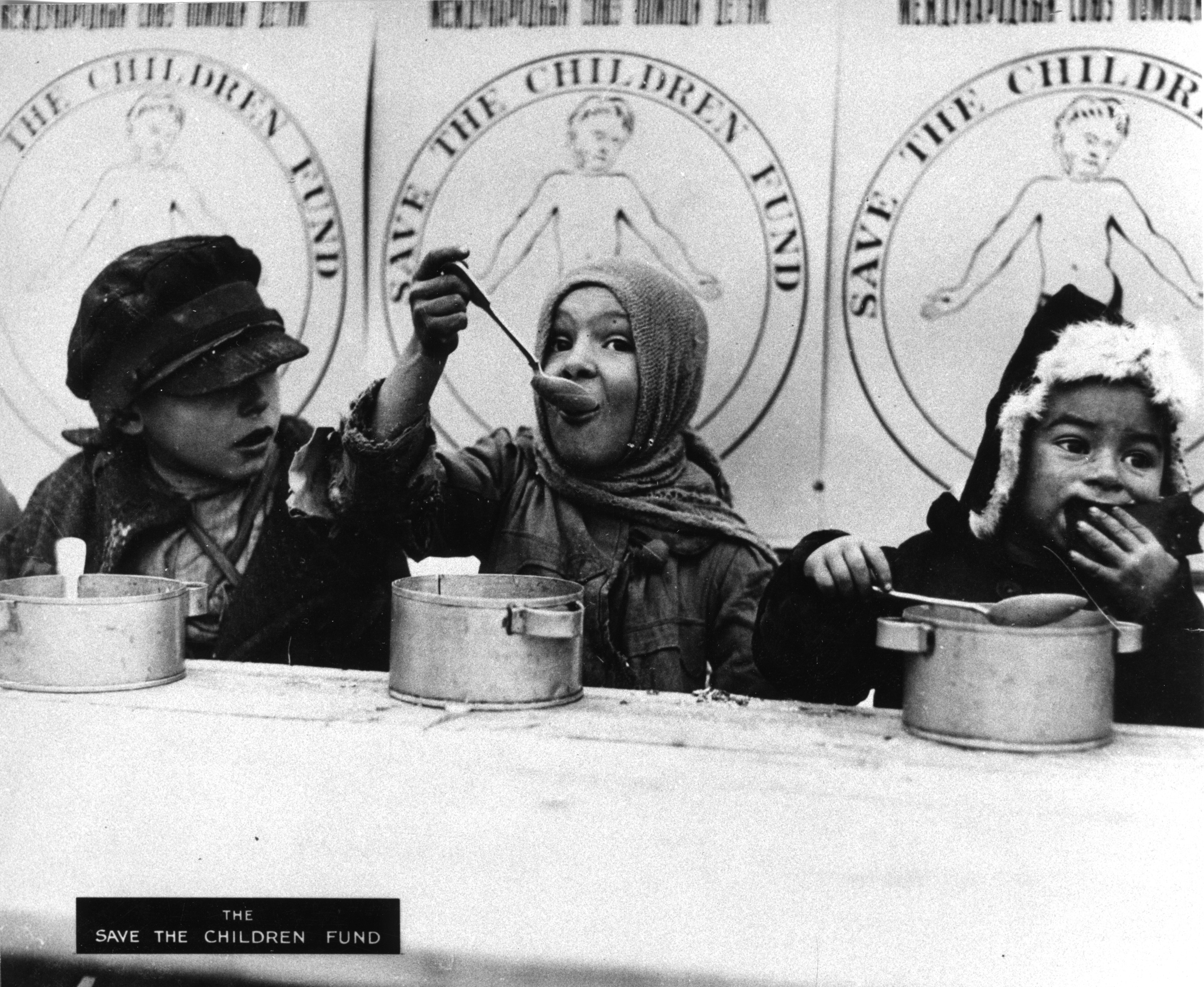Colonial Financial Power: The hidden architecture of a failed promise
DOI:
https://doi.org/10.21153/thl2025art2206Keywords:
Finance, localisation, Colonial Financial Power, decolonial theory, critical power analysisAbstract
The transfer of financial power to the Global South has stalled. Despite years of consensus on 'localisation', conventional excuses—risk aversion, capacity gaps—no longer suffice. They are not operational hurdles; they are the symptoms of a deeper, structural disease. This paper unmasks that disease by introducing Colonial Financial Power (CFP), a new analytical framework. Drawing on decolonial theory (Quijano, 2000) and critical power analysis (Barnett & Duvall, 2005), CFP reveals how colonial legacies are actively perpetuated in humanitarian finance. The framework is built on four interconnected mechanisms: (1) direct coercive control; (2) bureaucratic exclusion; (3) an architecture of inequality; and (4) the production of narratives that legitimise domination. By reinterpreting financial barriers through this lens, this paper offers leaders a new language to diagnose the problem, challenge the status quo, and forge a path toward a genuinely decolonial humanitarian system.
Downloads
References
Baguios, A., King, M., Martins, A., & Pinnington, R. (2021). Are we there yet? Localisation as the journey towards locally led practice: Models, approaches and challenges. ODI. https://odi.org/en/publications/are-we-there-yet-localisation-as-thejourney-towards-locally-led-practice
Barbelet, V., Davies, G., Flint, J., & Davey, E. (2021). Interrogating the evidence base on humanitarian localisation: A literature study. ODI. https://odi.org/en/publications/interrogating-the-evidence-base-on-humanitarian-localisation-aliterature-study
Barnett, M., & Duvall, R. (2005). Power in international politics. International Organization, 59(1), 39–75. https://doi. org/10.1017/S0020818305050010
Development Initiatives (DI). (2024). Falling short? Humanitarian funding and reform. https://interagencystandingcommittee. org/grand-bargain-official-website/development-initiatives-falling-short-humanitarian-funding-and-reform
Hilhorst, D. (2018). Classical humanitarianism and resilience humanitarianism: Making sense of two brands of humanitarian action. Journal of International Humanitarian Action, 3(1), Article 15. https://doi.org/10.1186/s41018-018-0043-6
International Rescue Committee (IRC). (2025). A new era for aid: Prioritising people and protecting progress. https://www. rescue.org/sites/default/files/2025-05/New%20Era%20for%20Aid%20-%20FINAL%20DRAFT.pdf
Koch, D.-J., & Rooden, A. (2024). Understanding and addressing the unintended effects of aid localisation. Development in Practice, 34(3), 351–363. https://doi.org/10.1080/09614524.2024.2303666
Kochanski, A., Scott, E., & Welsh, J. (2025). Localization in world politics: Bridging theory and practice. Global Studies Quarterly, 5(1), ksaf023. https://doi.org/10.1093/isagsq/ksaf023
Maldonado-Torres, N. (2007). On the coloniality of being: a contribution to the development of a concept. Cultural Studies, 21(2-3), 240-270. https://doi.org/10.1080/09502380601162548
Mihlar, F. (2024). The humanitarian leader: Coloniality and the inadequacy of localisation. Working Paper 044, Centre for Humanitarian Leadership, Deakin University. https://ojs.deakin.edu.au/index.php/thl/article/view/1971/1659
Peace Direct. (2021). Time to decolonise aid. https://www.peacedirect.org/time-to-decolonise-aid/
Quijano, A. (2000). Coloniality of power and eurocentrism in Latin America. International Sociology, 15(2), 215-232. https://doi.org/10.1177/0268580900015002005
Rutazibwa, U. O. (2018). What’s there to mourn? Decolonial reflections on (the end of) liberal humanitarianism. Journal of Humanitarian Affairs, 1(1), 1-12. https://doi.org/10.7227/JHA.010
UN Secretary General. (2016). One humanity: Shared responsibility: Report of the Secretary General for the World Humanitarian Summit (A/70/709). United Nations.
United Nations Office for the Coordination of Humanitarian Affairs (OCHA). (2024). Global humanitarian overview 2025. https://www.unocha.org/publications/report/world/global-humanitarian-overview-2025-enarfres







